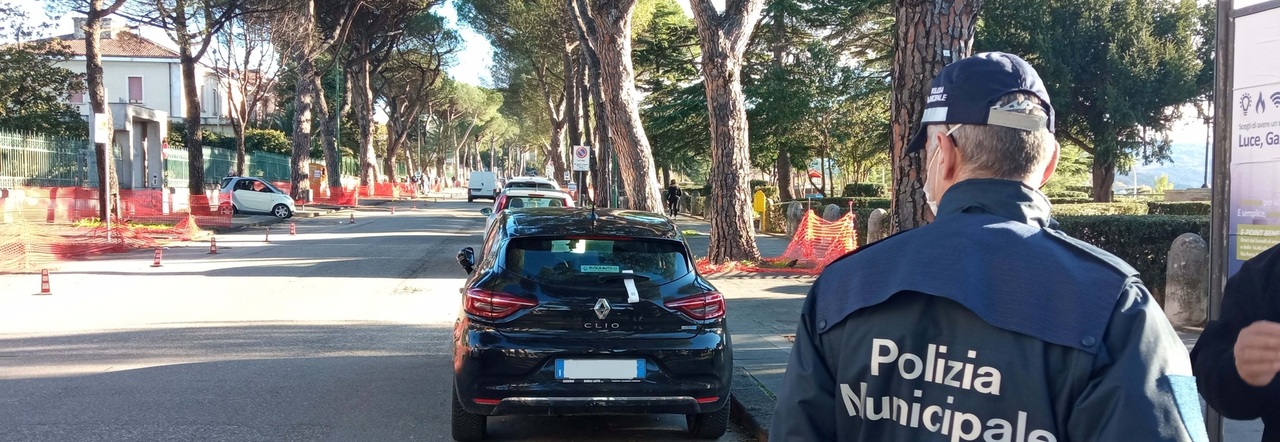The latest raid in chronological order took place last Monday: a quintal of bags seized from a Chinese wholesaler. Illegal shoppers, neither biodegradable nor compostable, as well as devoid of any legal certification, ready to be distributed in the markets and shops of Naples at bargain prices. The law enforcement agencies of the Campania capital have made many similar seizures in the last year: on average 100 kilos of illegal bags have been traced every three days, for a total of 120 quintals since February 2023. And if you go back in time the numbers are even greater: From 2017 to today we have conducted 76 operations that have led to the seizure of about 8.6 million illegal shoppers - explains Paolo D'Errico, marshal of the Environmental Protection Nucleus of the municipal police of Naples, directed by Major Massimo Giobbe - equivalent to about 170 tons. In addition, we have imposed fines for half a million euros and reported five people to the judicial authority for commercial fraud.
A constant monitoring activity is essential because, despite being prohibited for 12 years (the ban came into force in January 2012), traditional plastic bags are still very widespread. The parliamentary inquiry commission on illegal activities related to the waste cycle had calculated that about 40% of the shoppers put on the market are not up to standard. An illegal business that has an estimated value between 85 and 100 million euros.
'The contrast activities are commendable and indispensable. We give our thanks and our support to the municipal police of Naples, for more than one reason,' explains Carmine Pagnozzi, General Director of Biorepack, a consortium that within the Conai system is responsible for promoting the organic recycling of biodegradable and compostable plastic packaging. 'There is obviously an economic problem: illegal shoppers, often coming from the East but also of local manufacture, do not respect the requirements established by the regulations and therefore have production costs significantly lower than those up to standard. Counterfeit bags make absolutely unfair competition and cause serious economic damage to operators who act legally, jeopardizing the development of a supply chain that represents an excellence made in Italy.'
There is also an environmental problem, far from marginal: 'Illegal shoppers - continues Pagnozzi - are most often made with non-biodegradable and non-compostable polymers, which may also contain prohibited and potentially toxic additives. When they are mistakenly thrown together with wet waste, they cause management difficulties and an increase in treatment costs for composting plants, as they increase the waste from non-compostable fractions that must then be disposed of. In any case, in contact with food, these illegal shoppers could release harmful substances because they lack any control that is instead mandatory for shoppers and for all compostable bioplastic artifacts certified according to the EN 13432 standard.'
The reasons that led to the seizures of illegal shoppers are many. 'Most of the time - D'Errico tells - they are bags for carrying goods and food without any legal requirement: certifications of biodegradability, compostability and related labeling. Other times false and misleading environmental slogans are reported. Or compostability certification marks appear on bags that are actually devoid of the requirements established by the European standard EN 13432'
The municipal police of Naples is one of the most active in Italy in contrasting the phenomenon. But similar actions are carried out in many other cities. 'The Biorepack consortium, in its periodic monitoring activities, reports the most suspicious situations to the law enforcement agencies, in order to facilitate their work,' explains Pagnozzi. But also citizens can do their part: for a couple of years a online platform has been active, created in collaboration with Assobioplastiche. 'This tool, accessible from the institutional site of the Consortium (www.biorepack.org), allows the user to provide all the information related to suspected violations. In this way, after due laboratory checks, Biorepack can report to the competent authorities.'

